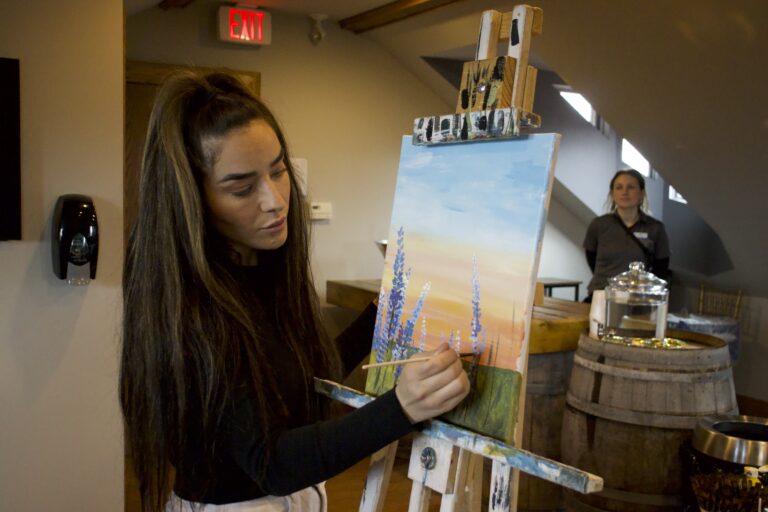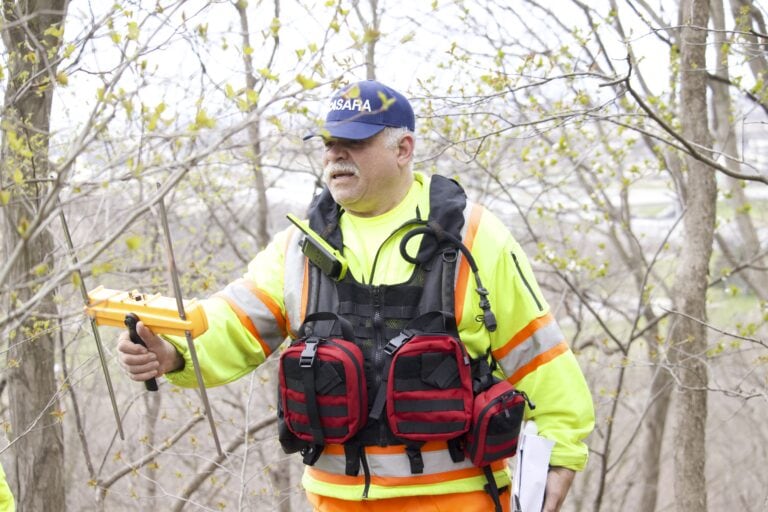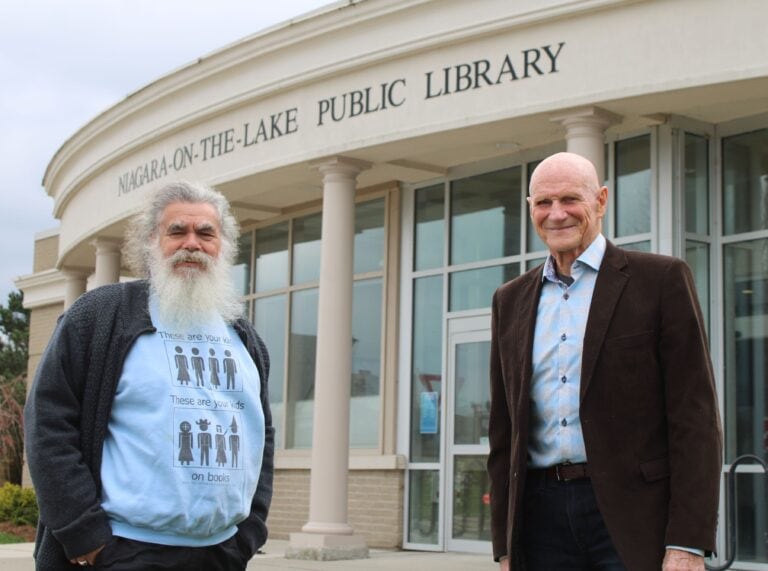Festival focuses on education and outreach as live shows cancelled till at least Aug. 1
In the midst of the COVID-19 pandemic, Shaw Festival CEO Tim Jennings and the rest of the theatre company are “making lemonade” out of an otherwise unprecedented situation.
When things go badly, Jennings says, the job becomes, “So what positives can we find in this?”
Of course, everyone – both fans and Shaw “family” – is anxiously waiting for the day the company is able to get back on the stage to present live theatre to the masses.
But thanks to government aid programs, generous ongoing charitable donations from supporters and some creative ingenuity, the festival is keeping most of its employees working and earning a living.
With live performances now cancelled until at least Aug. 1, almost half the season has fallen by the wayside (336 of 737 shows), forcing a rethink of plans beyond this year. Some shows planned for this year could be moved to 2021, which in turn could affect what’s staged in 2022, Jennings noted in an interview.
But keeping everyone safe remains a priority.
Jennings said he understands the older demographics of Niagara-on-the-Lake mean the town could be at a higher risk during the pandemic, “and we want to protect it. It’s important to us to be both ready to help when it’s time to do that and when it’s safe, and in the meantime to help by not endangering anybody.”
“As one of the largest theatrical charities on the continent, we’re really here to serve a public good and to demonstrate a basic human need that’s served by the arts. That responsibility in this crisis isn’t diminished, it’s heightened.”
“If supporting the town right now means that the best thing we can do is hold firm, then that’s what we are going to do,” he said.
“We’re a huge part of the Niagara economy so I feel that is a major responsibility.”
Artistic director Tim Carroll added: “We can't have a human, connected theatre without healthy humans, so we will do whatever it takes to keep everyone safe, whether they work here or are itching to come and watch us play.”
“In the meantime, our artists, artisans and staff will continue to find ways to engage with our patrons and communities online – we hope you’ll join us. Stay well, and we will see you as soon as we can,” he said in a news release. ?
Despite the latest cancellations, there is plenty happening behind the scenes, Jennings said.
With an infusion from the federal government’s Canada Emergency Wage Subsidy (CEWS) program, the Shaw has been able to retain nearly 80 employees to focus on education and community outreach.
In early May it became clear that, “After seven weeks of rehearsing by Zoom, there just wasn’t much more efficacy to it until we could get back in a room, so we ended up suspending the contracts of all of our artists, almost all of whom, actors, musicians, etc., are independent contractors” who normally might not be eligible for some government assistance programs.
So, the theatre company heeded the prime minister’s call and created new jobs in the arts.
The result is ECOS – education and community outreach specialists – who are on hand not to act but to “help with our education programs, helping us with patron outreach, talking to people on the phone, creating digital content in the small ways that we can, not as plays but just as entertainment and engagement.”
The Shaw was able to rehire just about everyone “and a few more besides. I’m thrilled with the government’s help on that,” Jennings said.
Last weekend’s ShawBiz Junior online cabaret and previous ShawBiz presentations grew out of the ECOS project, he said.
As well, the teacher online resources tab on the festival’s website now has “a ton of content that’s been developed for use by schools,” which are in need of digital content for students now and in the future.
“With 80 people with that kind of creative background, we’re generating a huge amount of new content and new opportunities.” And more material is coming soon.
While the festival had hoped for a belated launch in July, it has to abide by the Town of Niagara-on-the-Lake’s municipal order restricting organized mass gatherings, Jennings said.
If the theatre stays dark beyond Aug. 1, a truncated fall season still remains possible, Jennings said, but acknowledged the festival is “very close” to a tipping point whereby the entire season could be lost.
With its pre-Christmas slate of “A Christmas Carol” and “Me and My Girl” scheduled to start in early November, there could be an abbreviated fall calendar, with a few plays staged in September and October, he said.
Looking ahead, Jennings is hopeful the charitable sector of the arts, like the Shaw, will flourish thanks to the generosity of donors. Last year, the festival had a $500,000 surplus, and set records for donations and total revenue.
So far, that donor generosity is continuing, Jennings said, in large and small ways. More than two-thirds of ticket holders this year have kept their money “on account,” paying it forward to when live shows resume.
But no matter how this season eventually plays out, the Shaw’s future is sound, he said.
“We have a remarkable base of supporters and people who love us,” he said, noting friends and fans reach out regularly.
“We get an incredible amount of love every day from everybody. We deeply appreciate all of your support and amazing letters.”











